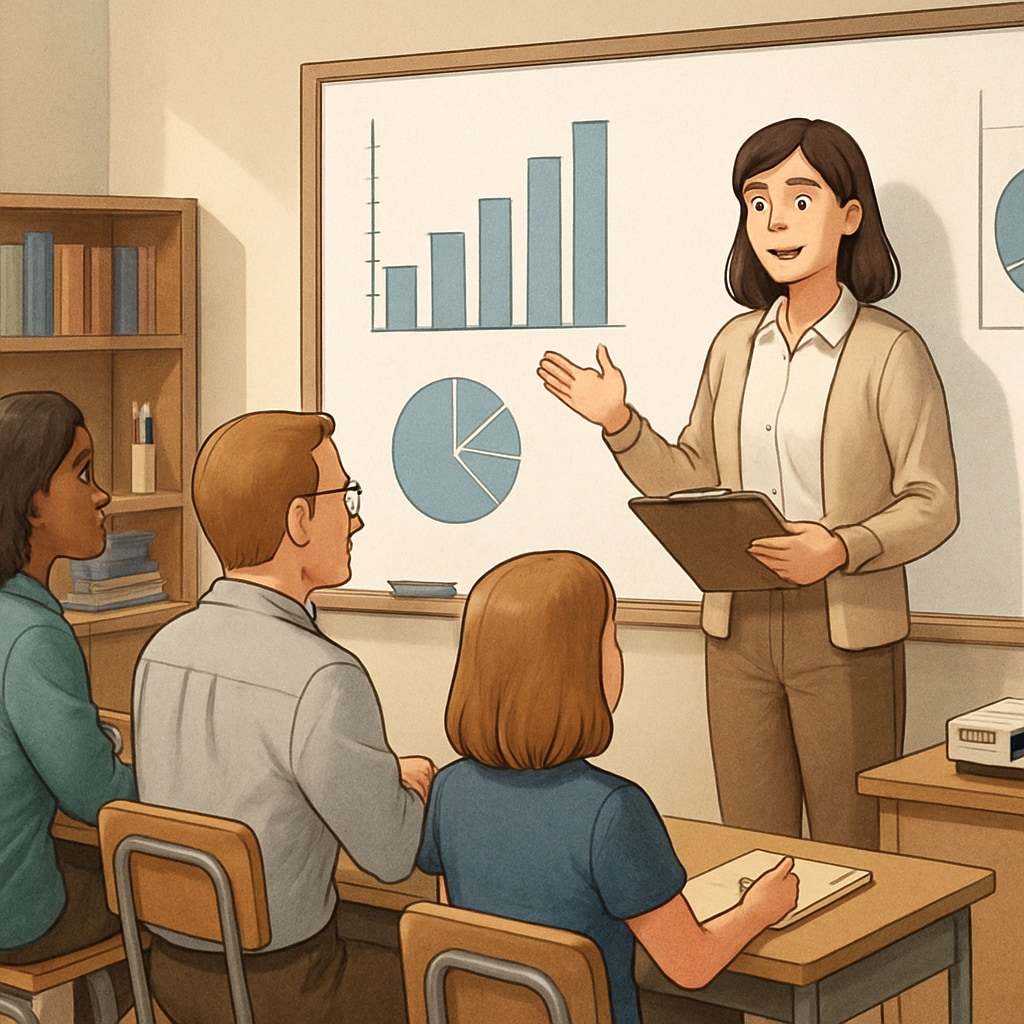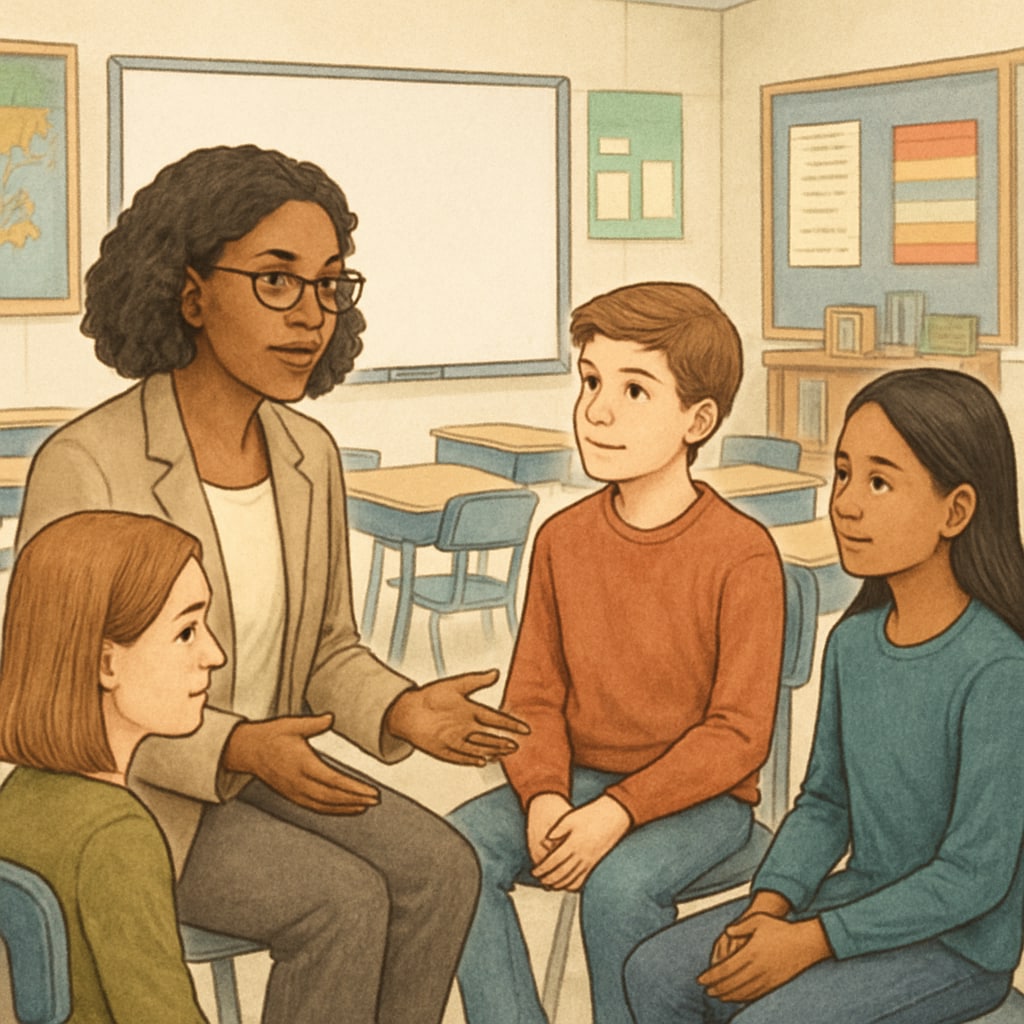Graduate students conducting research in K12 education often encounter difficulties in establishing connections with school counselors for interviews. These professionals play a critical role in understanding the dynamics of student support services, yet gaining their cooperation can be challenging. This article examines the structural barriers researchers face and provides a step-by-step guide to successfully reaching out to K12 school counselors for academic interviews.

Understanding the Role of K12 School Counselors
K12 school counselors are pivotal in shaping student experiences, addressing academic and emotional needs, and fostering a supportive learning environment. Their insights are invaluable for research projects that aim to improve educational outcomes. However, due to their busy schedules and the sensitive nature of their work, it can be difficult for researchers to secure interviews with them.
In addition, school counselors often face strict institutional policies regarding external communication. Researchers must navigate these policies carefully to ensure compliance while demonstrating the value of their work. Understanding the unique challenges counselors face can help build mutual trust and facilitate a productive exchange.
Common Challenges in Connecting with K12 School Counselors
Several obstacles can hinder the process of reaching out to K12 school counselors:
- Institutional Gatekeeping: Many schools have protocols that limit external access to staff, requiring formal approvals from principals or district administrators.
- Time Constraints: Counselors often juggle numerous responsibilities, leaving limited time for interviews or external collaborations.
- Privacy Concerns: Schools are cautious about sharing information, especially when it involves sensitive topics related to students or faculty.
Recognizing these challenges is the first step toward developing effective outreach strategies.

Effective Strategies to Reach Out to K12 School Counselors
To overcome these challenges, graduate students can adopt the following strategies:
- Start with Formal Channels: Begin by contacting school administrators or district offices to request permission for interviews. Provide a detailed proposal outlining your research objectives, methods, and potential benefits to the school.
- Leverage Professional Networks: Utilize connections with professors, colleagues, or alumni who may have existing relationships with schools. Personal introductions can significantly improve the likelihood of cooperation.
- Focus on Mutual Benefits: Emphasize how your research can contribute to the school’s goals, such as improving student outcomes or supporting staff development. Counselors are more likely to participate if they see clear benefits for their institution.
- Be Flexible: Offer multiple scheduling options and consider conducting virtual interviews to accommodate counselors’ busy schedules.
- Maintain Professionalism: Draft formal emails, include references to previous successful collaborations, and provide contact details for follow-up inquiries.
Building Lasting Connections
Once you establish contact with school counselors, focus on maintaining a positive and professional relationship. Here are some tips:
- Express Gratitude: Always thank counselors for their time and insights, regardless of the outcome of your research.
- Share Results: Provide counselors and their schools with a summary of your findings, highlighting how their input contributed to the study.
- Offer Future Collaboration: Show willingness to involve counselors in future research or educational initiatives that align with their interests.
By fostering trust and demonstrating the value of your work, you can create lasting connections that benefit both your academic pursuits and the K12 education community.
Conclusion
Connecting with K12 school counselors for academic interviews is a critical yet challenging aspect of education research. By understanding their roles, addressing institutional barriers, and adopting effective outreach strategies, graduate students can build meaningful relationships that enhance their projects. Success in this endeavor not only contributes to individual research efforts but also supports broader improvements in educational practices. With persistence, professionalism, and respect, researchers can bridge the gap between academia and K12 education.
Readability guidance: This article uses short paragraphs, lists, and clear transitions to maximize readability. It minimizes passive voice and ensures a balanced sentence length for clarity and engagement.


